The EU is going extraterritorial, and it is doing so through private contract. It is a pretty neat trick.Continue Reading E(U)xterritoriality of EU Sanctions: The No Russia Clause
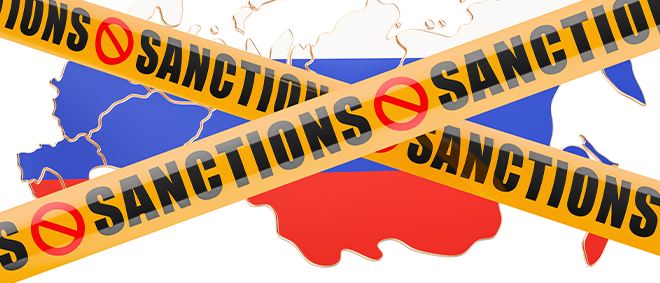
Timely Updates and Analysis on Key International Trade Law Issues

Julien Blanquart is an International Trade associate in the Governmental Practice in the firm's Brussels and London offices.

The EU is going extraterritorial, and it is doing so through private contract. It is a pretty neat trick.Continue Reading E(U)xterritoriality of EU Sanctions: The No Russia Clause

The EU plans to step up controls on its home-grown technology. That is the short version.Continue Reading Protective Packaging: The EU’s Economic Security Package Changes the Landscape in Global Technology Controls
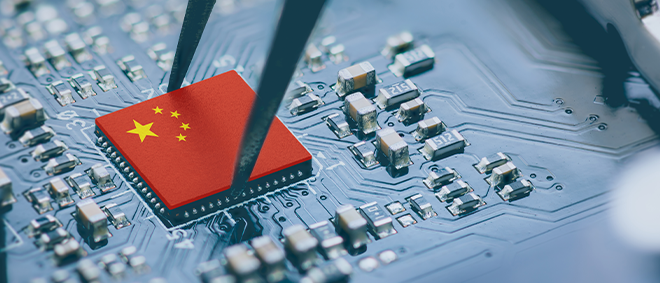
Key Takeaways

On June 23, 2023, the EU released its 11th package of sanctions on Russia. This package is designed to improve enforcement with new anti-circumvention rules, new trade restrictions, and new designations. The anti-circumvention rules are quite a novel aspect and could result in the first extraterritorial reach of European sanctions.Continue Reading The EU’s 11th Sanctions Package: The Long(er) Arm of the Law

Recently, the Department of Commerce issued a memo, emphasizing that “technology protection is a core national security priority” and how companies that choose not to disclose significant violations of export regulations may have to bear concrete costs for non-disclosure. This memo highlights the continued focus to control U.S. technology security breaches, especially in the semiconductor and advanced computing industries.Continue Reading Technology Protection is a Core National Security Priority: BIS Strengthens Its Policy on Disclosures
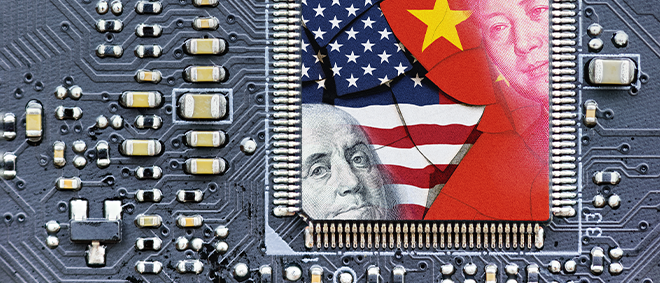
It looks like the licensing restrictions on Huawei are trickling into effect.
Our sources indicate that, as early as February 27, all license applications for exports or transfers involving Huawei which were pending with the U.S. Bureau of Industry and Security (BIS) have been placed on Hold Without Action. Further, we understand from various industry sources that BIS has begun informing certain U.S. companies that they will not receive further licenses to export chips for end use by Huawei.Continue Reading Breaking the Link – New Developments on U.S. Licenses for Exports to Huawei
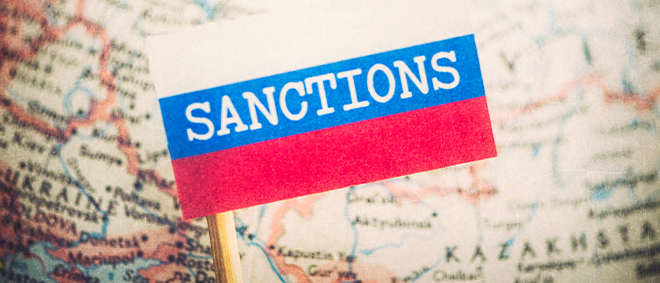
In response to Russia’s ongoing aggression in Ukraine, both the United States and the European Union have imposed additional sanctions and further restricted exports to Russia and Iran. These new controls span many industries.Continue Reading Friday Development: New Sanctions and Export Controls to Address Russia’s Ongoing Aggression in Ukraine (Including the use of Iranian UAVs)

Update and Correction: We had understood that the date for the announcement of a regulatory change would be February 13. That understanding is (pretty obviously, now, on February 14) incorrect. We still believe the change is imminent and will update as soon as we have further information.
Key takeaways

The Announcement
On Friday, October 7, 2022, the U.S. Bureau of Industry and Security (BIS) released for public inspection (available here) one hundred forty pages of regulations (which we’ll call “the Regulation” here). Nearly all of the changes in the Regulation restrict the export of semiconductors, as well as related technology, manufacturing equipment, software, and even U.S.-person support, to China.Continue Reading China Semiconductor Export Regulations, Episode I – Counting Your Chips Carefully
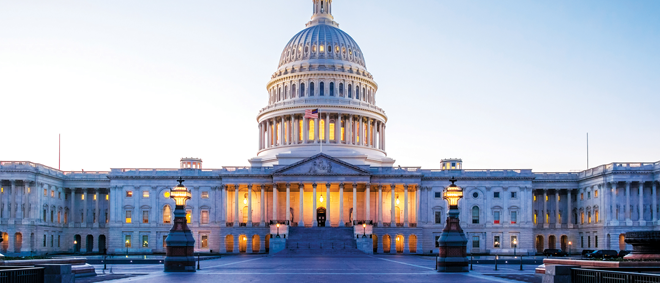
** Update: Announcement has been moved to Friday October 7, 2022 at 9:30 AM Eastern Daylight Time **
On Thursday, the Biden administration will announce new restrictions preventing China from accessing advanced U.S. semiconductor technology.Continue Reading Further Export Controls on Semiconductor Technology for China coming this Week

After Mahsa Amini was killed in the custody of “Gasht-e-Ershad” or Iran’s Guidance Patrol, commonly referred to as Iran’s morality police, following an arrest for placement of her hijab, protests have erupted throughout Iran over women’s rights and Iran’s authoritarian regime more generally. Iran’s police and other security forces are retaliating severely against protestors. In response to these human rights abuses, on September 22, the U.S. Department of Treasury, Office of Foreign Assets Control (OFAC) sanctioned Iran’s morality police and senior leaders of Iran’s security organizations for the violence against protesters.Continue Reading Technology to Iran: OFAC Lifts Certain Iran Sanctions In Response to Protests in Iran
By scrolling this page, clicking a link or continuing to browse our website, you consent to our use of cookies as described in our Cookie and Advertising Policy. If you do not wish to accept cookies from our website, or would like to stop cookies being stored on your device in the future, you can find out more and adjust your preferences here.